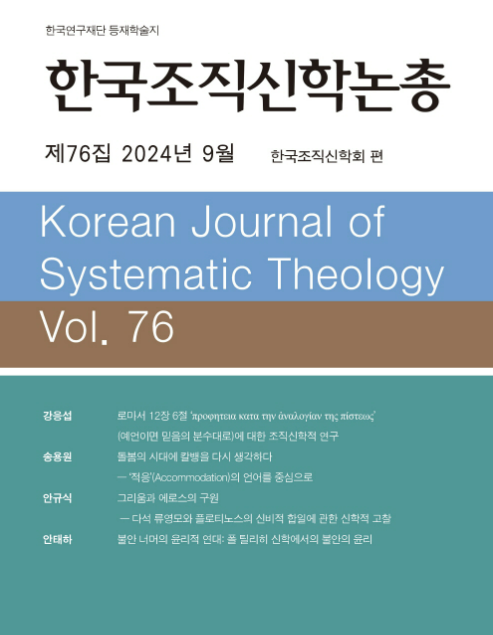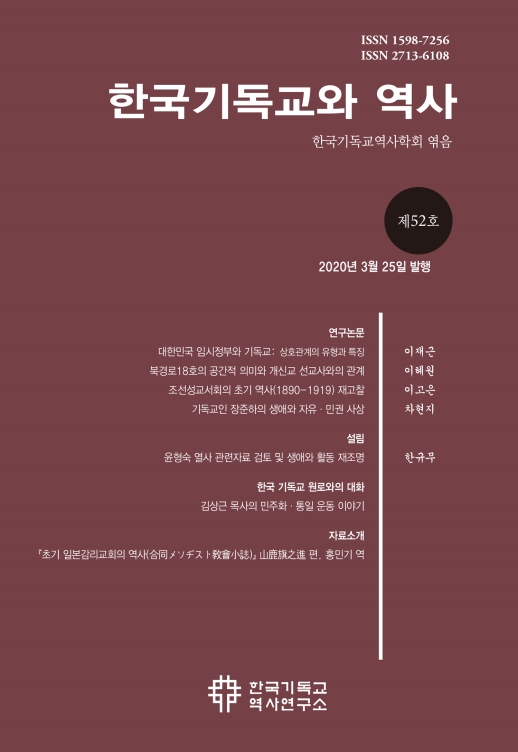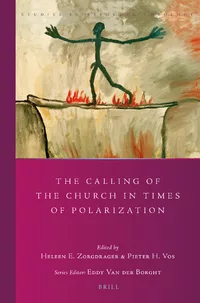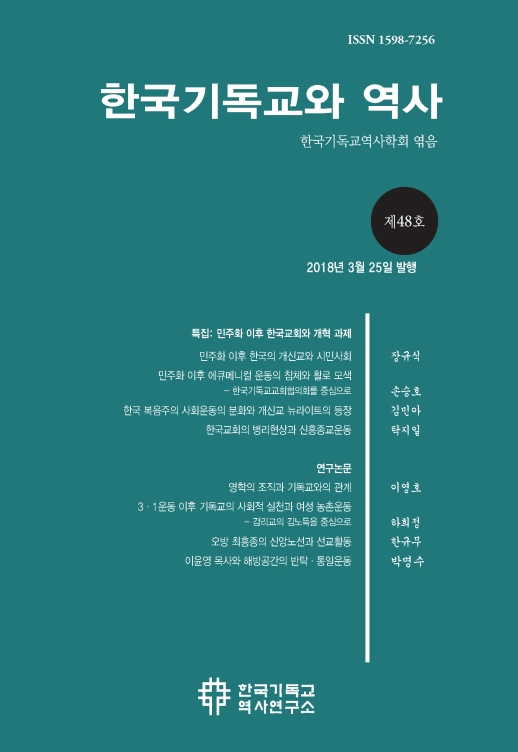https://doi.org/10.1017/S0036930624000723
창세기 11장 1-9절을 문화적 다양성의 기원에 관한 이야기로 보는 시어도어 히버트(Theodore Hiebert)의 해석은, 그의 독법을 비판하고 해당 본문을 인간의 교만과 신적 심판에 대한 이야기로 보는 전통적 독법을 재차 주장하는 여러 응답을 낳았다.
이어지는 본 논문에서 필자는 히버트의 해석과 그 비판가들의 논의에 공통적으로 나타나는 두 가지 실마리, 즉 '언어'와 '배경적 이해'를 결합하고자 한다. 구체적으로 필자는 현대 세계에서 제시되는 두 가지의 서로 다른 언어관을 비교하고, 각각의 관점이 어떻게 창세기 11장 1-9절의 해석을 형성할 수 있는지를 예증한다. 나아가 두 관점 중 소수적 입장이 해당 본문을 더 잘 이해하게 하는 해석적 틀을 제공한다고 주장한다.
Theodore Hiebert’s interpretation of Genesis 11:1-9 as a story of the origins of cultural difference resulted in several responses which critiqued his reading and reasserted the traditional reading of the passage as a story of human pride and divine punishment. In the following article, I combine two threads of Hiebert’s interpretation and his respondents: language and background understanding. Specifically, I compare two views of language on offer in the modern world, illustrate how they may shape the interpretation of Genesis 11:1-9 and argue that the minority view provides a framework which better makes sense of the passage.


.jpg)




